The use of the veil to shield a woman’s face and head is among the most misjudged and misunderstood acts in human history.
It has become a symbol of Islam and the target of debate and controversy, its profile and the rancor associated with it heightened in the post-9/11 world.
This month, Portland Stage Company uses a new play, “Veils,” by a New England playwright to explain the cultural divide between the Muslim and non-Muslim worlds and address stereotypes spawned by the veil. The play explores the friendship between an African-American college student who is studying in Egypt and her Egyptian roommate.
The American woman, who is Muslim, wears a veil. The Egyptian woman does not.
“I think it’s an interesting subject, and it’s one that everybody has a real gut reaction to and most people know nothing about,” said the playwright, Tom Coash, who lives New Haven, Conn.
Coash writes from personal experience. He and his wife spent four years in Egypt, from 1996 to 2000. He taught at the American University in Cairo, and loved his experience. While there, he befriended many African-American Muslim students, who came for a year of study abroad in a place where they presumed they would be made to feel welcome.
They presumed Egypt would be accepting of them, and that they would not be judged.
“But the majority of them didn’t like it at all,” Coash said. “They hated it. A lot of them had never been out of the country before, and Egypt is a major culture shock. A lot of times, Muslims see Muslims from other countries as wannabe Muslims.”
Portland Stage gives “Veils” its premiere, beginning with previews on Tuesday. It formally opens Friday night, and runs through March 16.
Longtime Portland theater artist Sally Wood directs the show.
Coash, who has written extensively about the Middle East based on his experiences there, has been working on and perfecting “Veils” for many years.
It began as a one-act at Western Kentucky University, where Coash worked as a resident playwright. He received a grant from InterAct Theatre in Philadelphia to expand it into a full-length play.
In 2012, “Veils” won the Clauder Competition for New England Playwrights, which is hosted by Portland Stage to encourage new work. As part of that prize, the full-length play was workshopped at the theater’s Little Festival of the Unexpected last spring, with the promise of a main stage production.
Dan Burson, Portland Stage’s literary and education manager, said “Veils” appealed to him and other Clauder Competition judges because of the way it humanized conflicts and clashes among cultures.
“The story touches on a lot of big global and social issues, but ultimately it’s a story about two people and this friendship between these two women,” said Burson. “The play gives you a much more personal context for thinking about the issues of veiling and the question of relations between the United States and the Middle East. These are things that people think a lot about in the world, but they may not think about that question in terms of how it affects individuals. We all think about these big ideas, but to see it personalized in this way opens your eyes. We hope it changes how people think, or at least creates the opportunity for people to think differently.”
“Veils” is a two-women show, centered around Intisar, the African-American Muslim, and Samar, a liberal Egyptian woman.
Intisar, portrayed by Donnetta Lavinia Grays, arrives at fictional American Egyptian University in Cairo with the assumption that she will fit in and be free of judgment. Those assumptions are dashed when her roommate, played by Hend Ayoub, challenges Intisar’s decision to wear a veil.
Samar views the veil as an oppressive garment.
The two women argue and debate the veil and the role of women within Islamic traditions. A journalist, Samar recruits Intisar to offer her contrasting views on Samar’s blog.
Their friendship splinters during a campus-wide debate about the use of full-body coverings, which the university wants to ban. Samar supports the ban, while Intisar does not. Protests break out, and Intisar is injured in a stone-throwing incident.
Later, Samar is arrested while covering a rock concert for the school newspaper, and subject to an invasive police examination. As the unrest grows during an Arab Spring uprising, the two women go to a downtown hotel to witness the protests. Samar joins the protest, while Intisar turns to prayer.
Coash based incidents in this play on events he witnessed or was aware of during his time at the university in Cairo, or things he heard about after he left. The play has undergone numerous rewrites, including since the Arab Spring uprisings three years ago.
He stressed that is not historically accurate.
“I compressed the timeline and changed things around. It is set at a university, but not the American University in Cairo, where I was. It’s just the story of two young women trying to find their feet in a crazy world,” he said. “I try to give all sides. I try to give a lot of information without being too rhetorical. And I am trying to put personal faces on the issues to humanize these stories.”
Burson believes the playwright succeeded.
“One of the things I like about ‘Veils’ is that it makes you think about how your life would be different if you lived in a different culture,” Burson said. “It casts the American experience in relief, and it makes you realize how fortunate we are in the United States to be able to express ourselves about religion, which is not the case across the world.”
Staff Writer Bob Keyes can be contacted at 791-6457 or:
bkeyes@pressherald.com
Twitter: pphbkeyes
Send questions/comments to the editors.


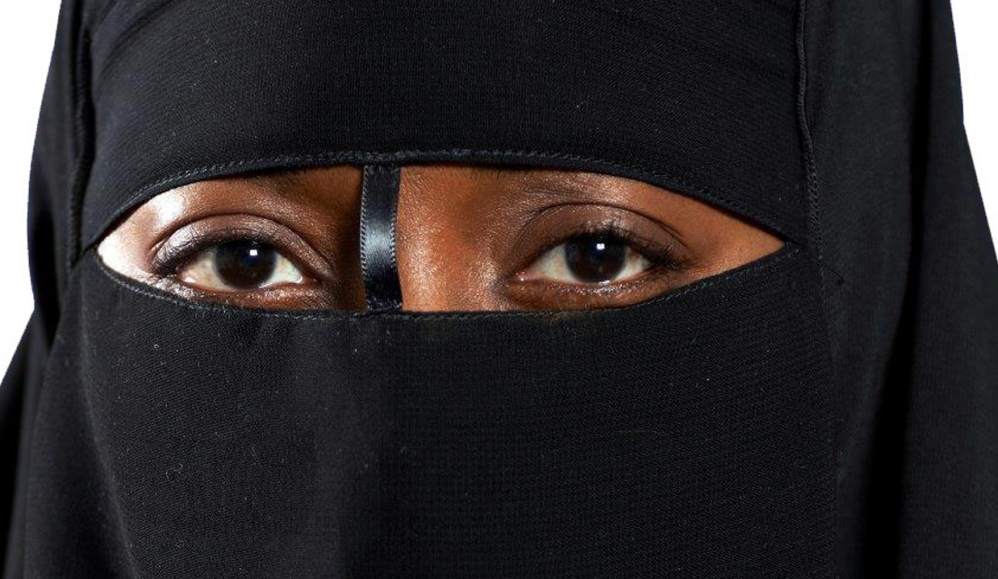
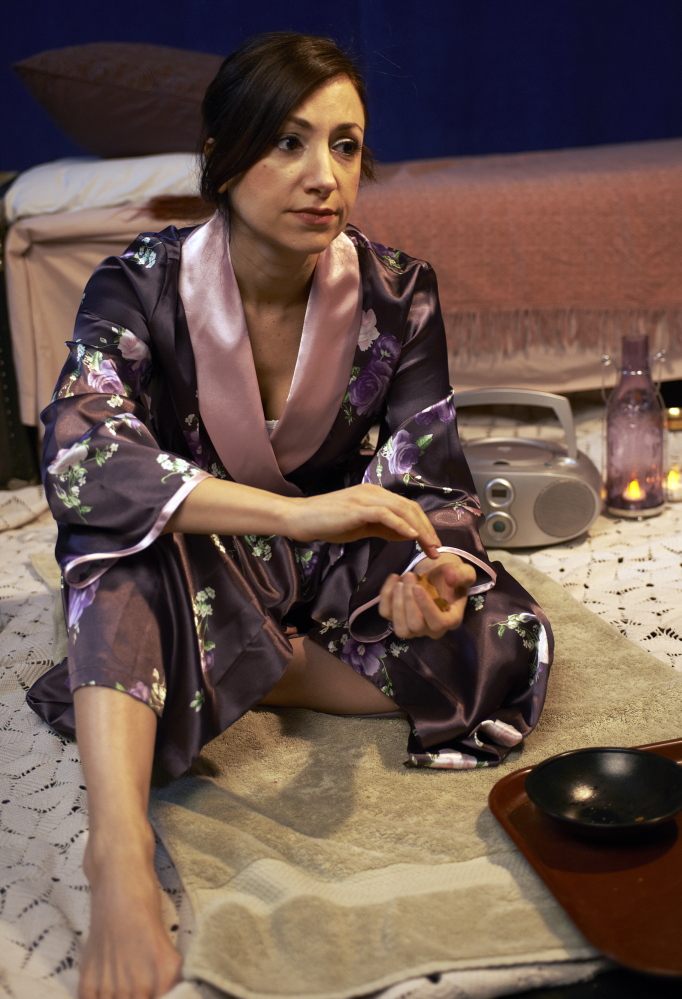
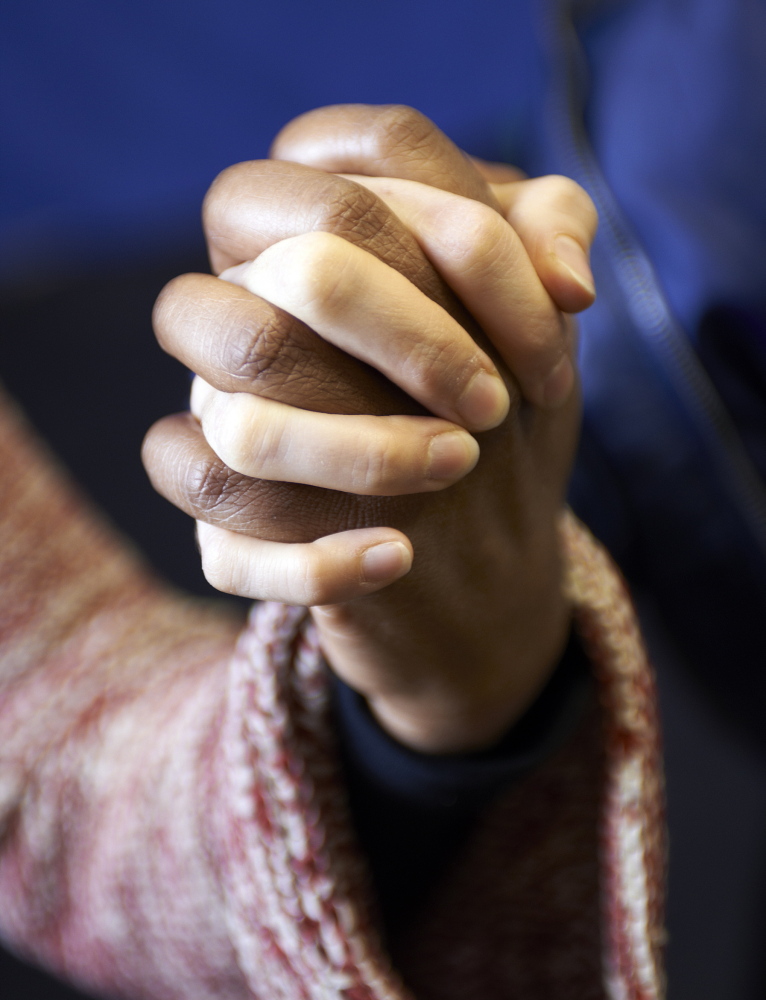
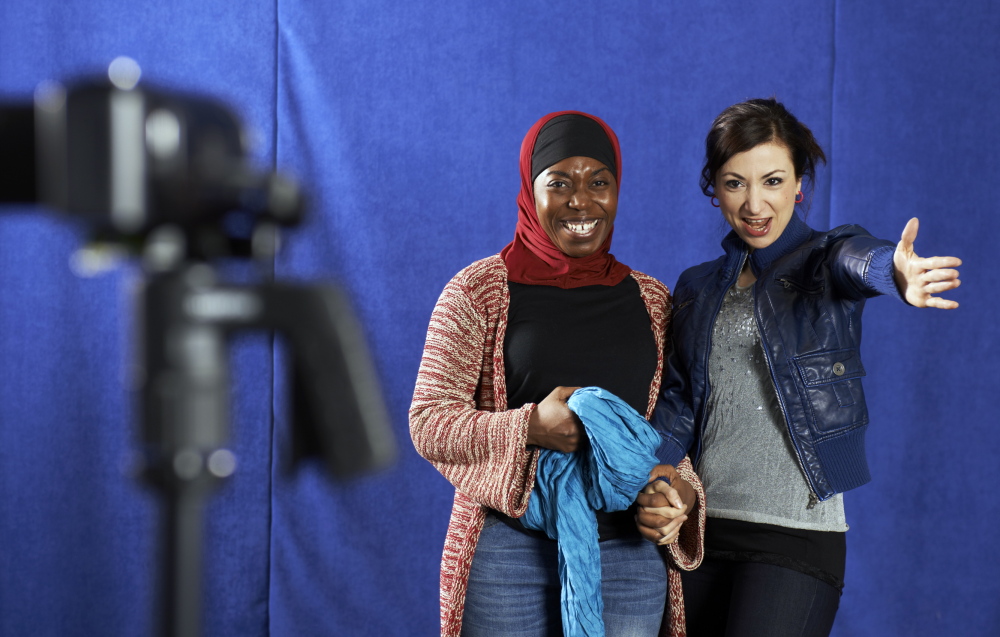
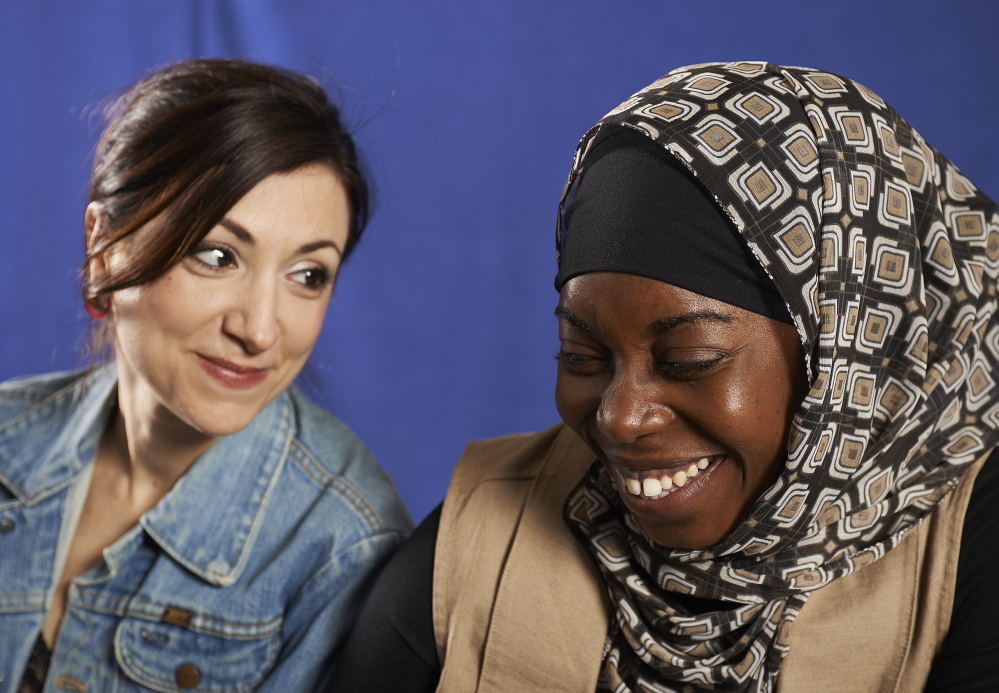
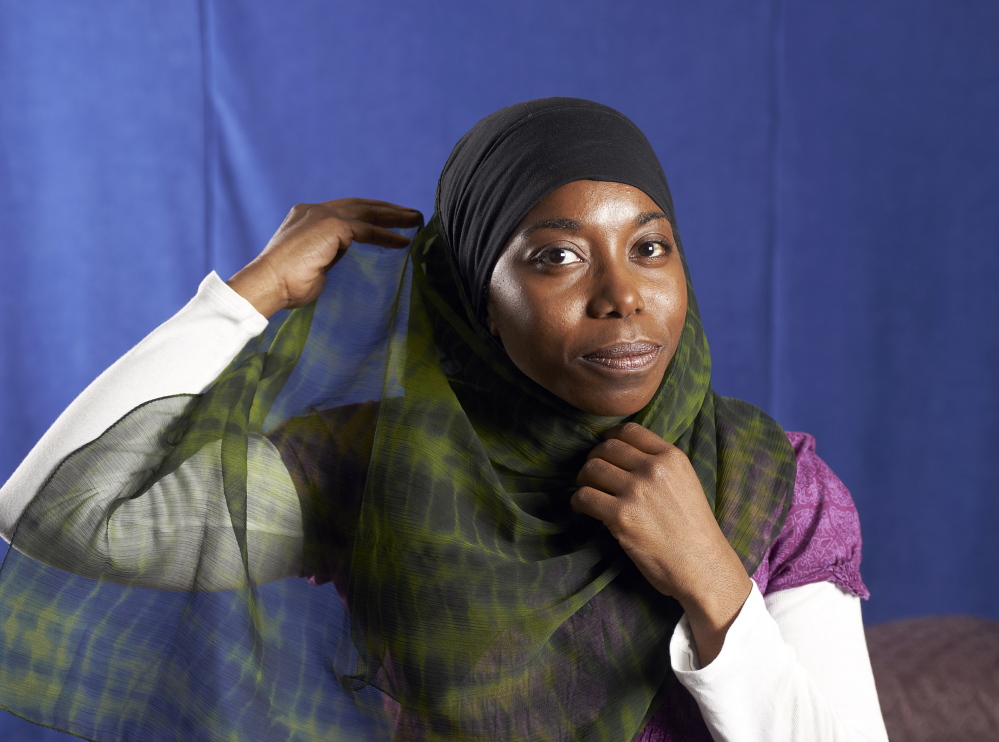

Success. Please wait for the page to reload. If the page does not reload within 5 seconds, please refresh the page.
Enter your email and password to access comments.
Hi, to comment on stories you must . This profile is in addition to your subscription and website login.
Already have a commenting profile? .
Invalid username/password.
Please check your email to confirm and complete your registration.
Only subscribers are eligible to post comments. Please subscribe or login first for digital access. Here’s why.
Use the form below to reset your password. When you've submitted your account email, we will send an email with a reset code.